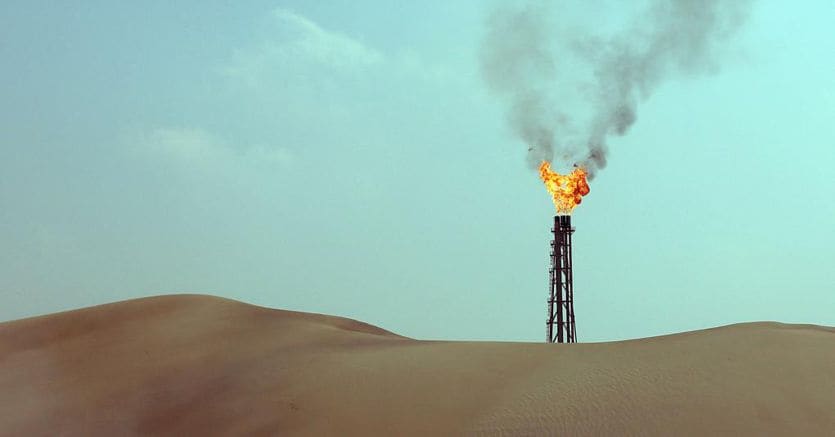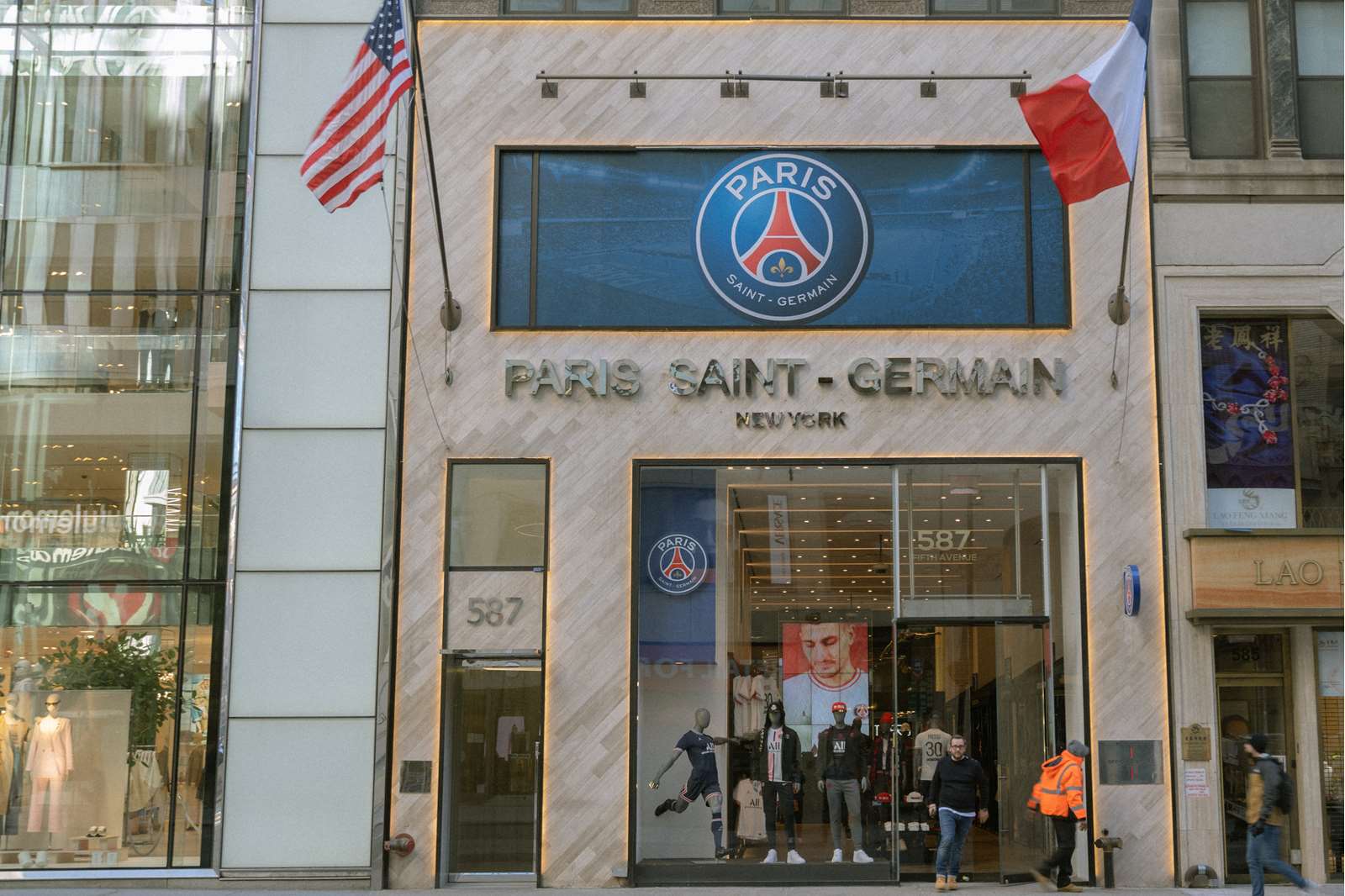After the shocking week on the stock exchanges, black Monday comes on commodities. The news of the last few hours on the Ukrainian front, which sees on the table the hypothesis of a stop to the import of crude oil from Russia as a new economic sanction, makes the value of oil soar: the WTI, April contract, rises by 8.15 %, reaching $ 125.12 a barrel at the highest levels since 2008. Last week the WTI had already gained $ 24.09 (+ 26.3%), an unprecedented rise. The North Sea Brent also flies, which trades up 10.5% to 128.64 dollars.
The hypothesis of announcement
The last few hours have seen an escalation of pressure from the United States: US Secretary of State Antony Blinkn has put forward the proposal to launch a formal ban on the import of Russian oil together with Europe. A situation which, however, de facto is already occurring as buyers, shipowners, banks and insurers around the world are weighing the risks of purchasing and organizing purchases of crude oil from Moscow. An interruption or in any case reduction of supplies would be a further blow to the country’s economy but it would certainly cause the price of oil on international markets to rise even more as the independent trader Vitol at Bloomberg pointed out with some estimates that go up to 150 dollars.
Totalenergies no longer buys Russian oil
Confirming the growing Russian isolation also on the energy front, the French energy giant Totalenergies has instructed its traders not to buy Russian oil anymore. This was confirmed by CEO Patrick Pouyanne, according to Bloomberg reports. Pouyanne said all Totalenergies refineries, with one exception, are replacing Russian crude, which is less and less palatable on world markets, with oil from other suppliers.
The gas rally
And the price of gas also starts quotations with a leap that brings it to an all-time high, with the effects of the war in Ukraine and sanctions on Russia. In Amsterdam the price jumped to 225 euros at the Mmbtu, with an increase of 17%, and then retraced to 216 euros (+ 12.2%). Gas exports from Russia, which account for around one third of European demand, are currently not covered by sanctions. Shipments remain stable, with flows crossing Ukraine regularly. However, traders are not ruling out any potential disruption.
Any ban or interruption of Russian gas flows to Europe could require “extreme” government measures to ration supplies for industry and consumers, Catherine MacGregor, CEO of France’s Engie, told the newspaper Les Echos. “Europe has enough supplies to get through this winter, but there would be problems building stocks over the summer,” the manager said.
–


